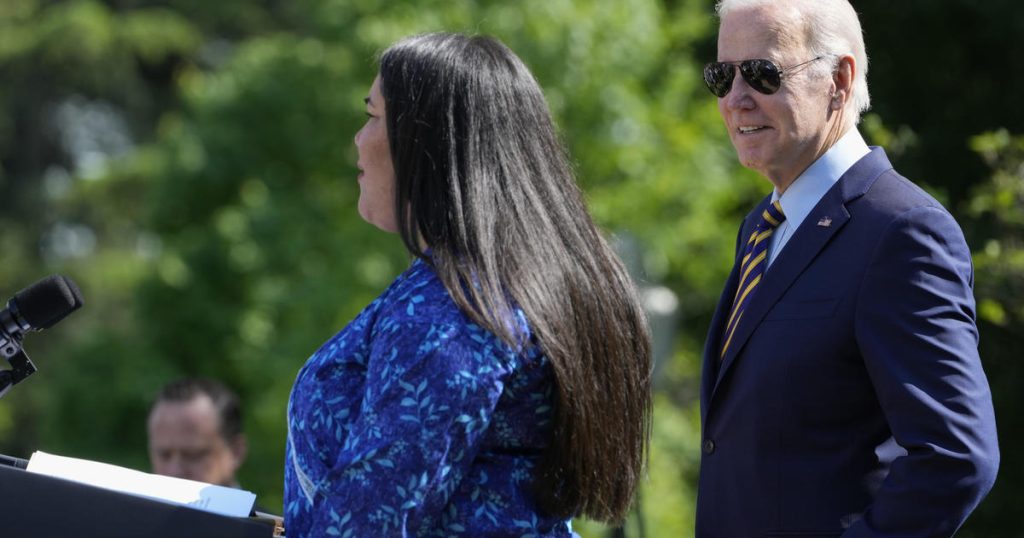President Biden is set to issue a formal presidential apology to the Native American community in Arizona for the atrocities committed against Indigenous peoples during the era of federal Indian boarding schools. From 1819 through the 1970s, the federal government established and supported these schools to assimilate Alaska Native, American Indian, and Native Hawaiian children into White American culture. Many children who attended these boarding schools endured emotional and physical abuse, with some even losing their lives. This apology is a recognition of the systemic cruelties that the U.S. government was responsible for against Indigenous peoples.
Since taking office, Interior Secretary Deb Haaland and her department conducted the first-ever federal investigation into the Indian boarding school system and completed a “Road to Healing” tour to hear from survivors of these schools. Over 400 such schools were operated by the U.S. government during this more than 150-year period. The presidential apology by Mr. Biden is an acknowledgment from the highest level of government regarding the systemic injustices faced by Native American communities. Haaland, the first Native American Cabinet secretary, is expected to address reporters en route to Arizona, where the apology will take place.
President Biden has been actively working to repair relations with Native American tribes and communities since taking office. Through initiatives such as the American Rescue Plan, the Bipartisan Infrastructure Law, and the Inflation Reduction Act, billions of dollars have been allocated for infrastructure investments in Native communities. These efforts demonstrate a commitment to addressing the historical injustices faced by Native Americans and providing support for their economic development and well-being. The acknowledgment of past wrongs through a formal apology is an important step in the process of reconciliation and healing for Native American communities.
The Washington Post was the first to report on the anticipated presidential apology to the Native American community. This event marks a significant moment in the acknowledgment of the wrongdoings of the federal Indian boarding schools, which were designed to forcibly assimilate Indigenous children into White American culture. The emotional and physical abuses suffered by many children at these schools, as well as the deaths that occurred, highlight the deep trauma and loss experienced by Native communities as a result of this government-sanctioned assimilation policy. The apology serves as a recognition of this painful history and a step towards reconciliation.
The U.S. government’s establishment and support of Indian boarding schools were part of a broader effort to erase Indigenous cultures and identities, forcing Indigenous children to abandon their language, beliefs, and traditions. The impact of this assimilation policy has reverberated through generations, leading to lasting trauma and loss within Native communities. The completion of the “Road to Healing” tour by Secretary Haaland and the federal investigation into the boarding school system represent efforts to uncover the truth behind this dark chapter in American history and provide closure for survivors and their families. The upcoming presidential apology is a significant milestone in the ongoing efforts to address the historical injustices faced by Native American communities.
In conclusion, President Biden’s forthcoming apology to the Native American community for the atrocities committed during the era of federal Indian boarding schools represents a historic acknowledgment of the systemic cruelties faced by Indigenous peoples. The completion of a federal investigation and the “Road to Healing” tour led by Interior Secretary Deb Haaland demonstrate a commitment to truth-seeking and healing for survivors of these schools. The allocation of billions of dollars for infrastructure investments in Native communities reflects efforts to repair relations and support the economic development and well-being of Native Americans. This formal apology signifies a crucial step towards reconciliation and justice for the injustices faced by Native American communities throughout history.


